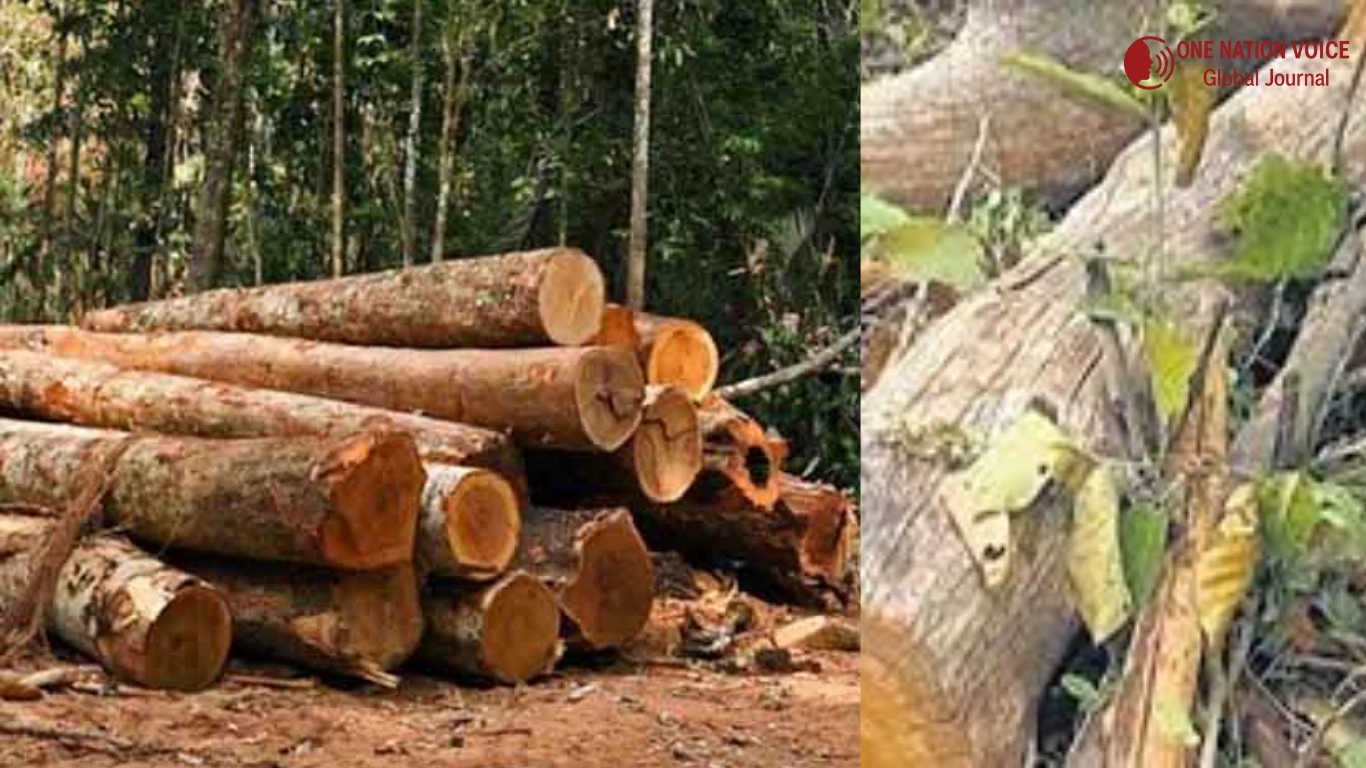Punjab to Allow Use of Forest Land for Key National Projects

Punjab to Allow Use of Forest Land for Key National Projects
Punjab province has amended its laws to allow government-approved national projects of strategic importance to use reserved forest land or parts of it, a notable policy shift. The change aims to balance environmental protection with development needs, especially for infrastructure, water, and other essential services.
Legal Amendment Enables Use of Reserved Forests
Under the Punjab Forest (Amendment) Act, 2016, the government introduced new provisions in section 27 of the Forest Act, 1927. These allow, in certain circumstances, a reserved forest or part thereof to be declared “no longer reserved,” when required for national projects of strategic importance.
To do this, the requesting organisation must satisfy several conditions: that there is truly no alternate land available; that substitute land of equal or larger size is provided; and that funds are allocated for reforestation and upkeep of that substitute land.
Also Read:Punjab Sanctions Hiring of 8,084 College Teaching Interns (CTIs)
Key Details Table
| Aspect | Detail |
|---|---|
| Legislation | Punjab Forest (Amendment) Act, 2016 |
| Original Law | Forest Act, 1927 |
| Allows | Use of reserved forests for national strategic projects |
| Requirements | No alternate land; provide substitute land; fund reforestation |
| Authority | Provincial Cabinet approval |
| Substitute Land | Equal or larger area; compact; ideally near original site |
| Purpose | Infrastructure, water supply, roads and other strategic projects |
Why This Policy Matters
Facilitating Strategic Infrastructure
By enabling reserved forest land to be repurposed for national-level projects, Punjab can proceed with building roads, dams, power lines, or other infrastructure without being blocked by lack of land.
Ensuring Environmental Safeguards
The requirement of substitute land and mandatory reforestation is crucial. It ensures that while forest land may be used, the environmental loss is compensated, and forest cover is maintained or even expanded elsewhere.
Important Points to Note
- The break from previous strict protection of forest reserve status is conditional, not absolute.
- Substitute land must be provided; it can’t just be taken without giving something back.
- The approval process requires the Provincial Cabinet’s formal sanction.
- The law emphasises strategic importance — only genuinely national or major projects qualify.
- Reforestation and maintenance funding is obligatory, ensuring accountability.
FAQs
Q1: What is “reserved forest land”?
Reserved forests are tracts of forest formally protected under law, with restrictions on cutting, habitation, or development to preserve natural ecosystems.
Q2: Which law allows this change?
The change was brought by the Punjab Forest (Amendment) Act, 2016, altering section 27 of the old Forest Act of 1927.
Q3: What counts as a “national project of strategic importance”?
Typically, large-scale infrastructure, water projects, major roads, essential services, or projects that have broad national or security significance.
Q4: Can any organisation apply to use forest land?
No. The organisation must demonstrate no viable alternative land, provide equivalent substitute forest land, and secure Cabinet approval. Private commercial projects likely won’t qualify unless they meet strategic criteria.
Q5: Does this mean forests can be freely converted now?
No. Though the law allows it under specific conditions, strict safeguards remain — including land substitution and reforestation. Forests still cannot be converted without following due process.











